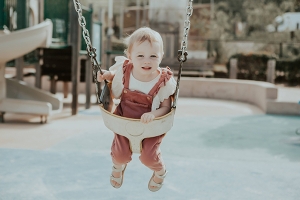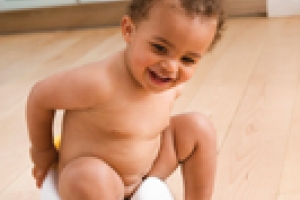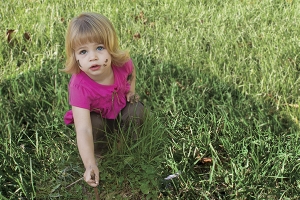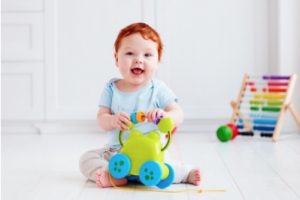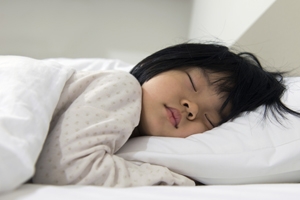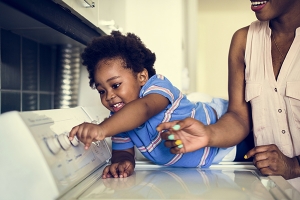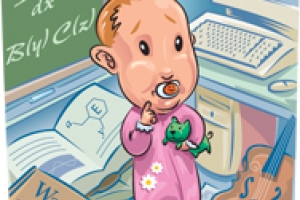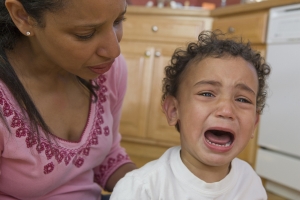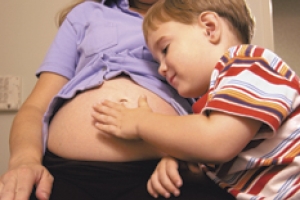Primary (baby) teeth eventually fall out, but until they do, they play a critical role in your child’s development. They are important for biting into and chewing food, speech development and saving space to help guide permanent teeth into place.
Early childhood caries (ECC) occurs when your baby’s teeth are exposed to sugars throughout the day by using a baby bottle or a sippy cup and if your child is put to bed with a bottle filled with any liquid other than plain water.
ECC is serious. Tooth decay is a bacterial infection; it can spread if not treated. Also the permanent teeth under the gum can be affected if not treated. Decay causes pain and infection, and can quickly destroy your child’s teeth.
Even before your child gets her first tooth, you should wipe her gums with a clean damp washcloth or gauze. When the teeth start coming in, brush them in the morning after breakfast and before bed at a minimum. Use a soft brush with polished nylon bristles. Soften the bristles by soaking them in warm water for a few minutes. Use plain water and a pea-sized dab of children’s fluoridated toothpaste. Be careful to use only a small amount as young children tend to swallow it rather than spit it out.
As soon as two teeth touch, floss between them. At some point, your child will want to use the toothbrush; it’s okay to give them a turn, but afterward, you should always brush their teeth a second time. Most children won’t be able to brush correctly on their own until they are 8 years old. Taking good care of your child’s primary teeth will teach them excellent habits and will lead them into taking care of the permanent ones properly.
-----------------
Carolyn White is a practicing dentist in La Jolla.


